A Guide to Lasik Eye Surgery Cost in Vietnam
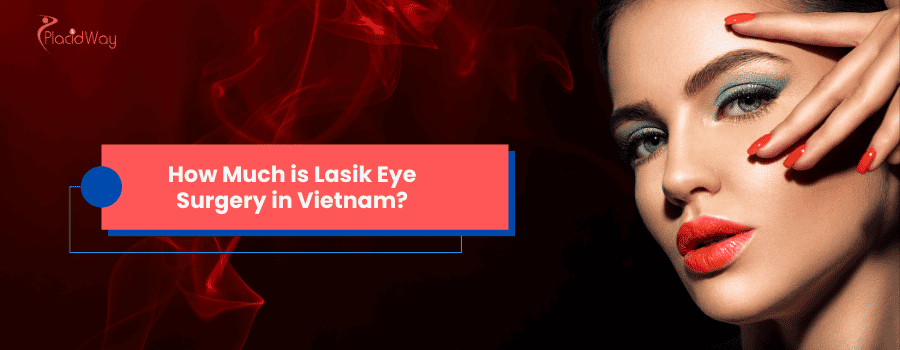
Are you tired of relying on glasses or contact lenses to see clearly? LASIK eye surgery offers a life-changing solution, and for many, Vietnam has emerged as an increasingly popular destination for this procedure. The country combines high-quality medical care with significantly lower costs, making it an attractive option for individuals seeking vision correction. This comprehensive guide will answer all your pressing questions about the cost of LASIK eye surgery in Vietnam, detailing what influences the price, what to expect, and why it's a viable choice for international patients.
We'll explore the various types of LASIK procedures available, the factors contributing to their cost, and important considerations to ensure a safe and successful outcome. If you're considering LASIK, understanding the landscape in Vietnam can help you make an informed decision for your eye health.
What is the average cost of LASIK eye surgery in Vietnam?
The cost of LASIK eye surgery in Vietnam varies based on the specific type of procedure you choose and the clinic's reputation and location. Generally, you can expect to pay around US$1,650 for Femto-LASIK for both eyes. If you opt for the more advanced SMILE surgery, the price typically goes up to about US$2,500 for both eyes. These prices are significantly lower than what you would find in many Western countries, such as the United States, Canada, or Australia, where LASIK can cost upwards of US$4,000 to US$6,000 for both eyes.
The competitive pricing in Vietnam is one of the primary reasons why it attracts medical tourists seeking vision correction surgery. Despite the lower cost, many clinics in Vietnam utilize state-of-the-art equipment and employ highly trained surgeons, ensuring that the quality of care remains high. It's important to note that these prices usually include the initial consultation, the surgery itself, and follow-up appointments.
Is LASIK eye surgery in Vietnam safe?
Many reputable Plastic Surgery Clinics in Vietnam providing LASIK eye surgery adhere to international safety standards and employ modern technology comparable to facilities in Western countries. Patient safety is a primary concern for these clinics, and they often follow strict protocols to minimize risks. Key aspects that contribute to the safety of LASIK in Vietnam include:
- Accreditation and Standards: Many leading eye centers in Vietnam seek international accreditations or operate according to global best practices. This means they often meet rigorous standards for patient care, hygiene, and equipment maintenance.
- Experienced Surgeons: The country has a growing number of highly skilled ophthalmologists, many of whom have received training internationally and have extensive experience performing LASIK procedures.
- Advanced Technology: Clinics invest in modern laser systems and diagnostic tools, which are crucial for precise and safe surgeries. These technologies allow for customized treatment plans based on individual eye characteristics.
- Pre-operative Screening: A thorough pre-operative evaluation is conducted to ensure that patients are suitable candidates for LASIK. This includes detailed eye examinations, corneal measurements, and assessment of overall eye health. This rigorous screening helps identify any contraindications that could compromise safety or outcomes.
While LASIK is generally safe, as with any surgical procedure, there are inherent risks, though they are rare. These can include dry eyes, glare, halos, or, in very rare cases, vision loss. Choosing a reputable clinic with experienced surgeons and advanced technology significantly reduces these risks.
How long does LASIK eye surgery take in Vietnam?
The actual LASIK eye surgery is a very quick procedure. The laser treatment portion for each eye usually takes less than a minute, but the entire process, including preparing the eye and creating the corneal flap, typically lasts about 10 to 15 minutes per eye. However, it's important to understand that the total time spent at the clinic on the day of surgery will be longer. This extended period accounts for:
- Pre-operative preparations: This includes final eye drops, reviewing instructions, and possibly a last-minute check of your eyes.
- Waiting time: There may be a short wait before your turn in the operating room.
- Post-operative checks: Immediately after the surgery, the surgeon or a nurse will perform a quick check of your eyes to ensure everything is in order and provide initial post-operative instructions.
- Recovery room time: You may be asked to rest in a recovery area for a short period before being discharged.
Overall, plan to be at the clinic for several hours on the day of your LASIK surgery. The quick surgical time is one of the many benefits that make LASIK a convenient option for vision correction.
What is the recovery time for LASIK eye surgery?
The recovery time for LASIK eye surgery is generally quite rapid, which is one of its major advantages.
- Immediate Post-Surgery (First Few Hours): Immediately after the procedure, you might experience some mild discomfort, gritty sensation, or watering eyes. Your vision will likely be blurry. It's recommended to go home and rest your eyes, often with a nap.
- First 24-48 Hours: Most patients notice a dramatic improvement in their vision within 24 to 48 hours. Many can see clearly enough to resume normal daily activities, such as reading or watching TV. You'll typically have a follow-up appointment within this timeframe.
- First Week: During the first week, your vision will continue to stabilize. You'll need to follow your surgeon's instructions regarding eye drops and avoiding strenuous activities or rubbing your eyes.
- First Few Months: While initial recovery is quick, your vision will continue to refine and stabilize over the next few weeks to a few months. Dry eyes are a common side effect during this period and can be managed with lubricating eye drops. Full visual recovery and stability can take up to six months.
It's crucial to adhere to all post-operative instructions provided by your surgeon to ensure optimal healing and outcomes. This includes using prescribed eye drops, avoiding swimming pools, hot tubs, and dusty environments, and protecting your eyes from injury.
What are the different types of LASIK procedures offered in Vietnam?
Vietnam's leading eye clinics offer a range of LASIK eye surgery procedures, catering to different patient needs and eye conditions. The most common types available include:
- Traditional LASIK (Microkeratome LASIK): This is the original form of LASIK where a mechanical blade (microkeratome) is used to create the corneal flap. After the flap is lifted, an excimer laser reshapes the underlying corneal tissue to correct refractive errors. This is often the most budget-friendly option.
- Femto-LASIK (Bladeless LASIK or All-Laser LASIK): This advanced technique utilizes a femtosecond laser to create the corneal flap instead of a mechanical blade. The precision of the femtosecond laser allows for a more uniform and predictable flap, potentially reducing complications and offering a more customized treatment. It's a popular choice due to its enhanced safety profile and precision.
- SMILE (Small Incision Lenticule Extraction): Considered one of the most advanced refractive surgeries, SMILE is a flapless procedure. A femtosecond laser is used to create a small, lens-shaped piece of tissue (lenticule) inside the intact cornea, which is then removed through a tiny incision. This method is less invasive, can result in fewer dry eye symptoms, and is often preferred for higher prescriptions and certain corneal characteristics.
- LASIK Xtra / Corneal Cross-linking (CXL) combined with LASIK: Some clinics offer LASIK combined with corneal cross-linking. CXL involves applying riboflavin drops to the cornea and then exposing it to ultraviolet light. This process strengthens the collagen fibers in the cornea, making it more stable and reducing the long-term risk of corneal thinning (ectasia), particularly for patients with certain corneal characteristics or higher prescriptions. This combination can add to the overall cost.
- Custom Wavefront LASIK: This variation uses wavefront technology to create a highly detailed, 3D map of the eye's unique optical imperfections. This allows for a more personalized laser treatment, potentially leading to better visual outcomes, especially for higher-order aberrations that standard LASIK might not address.
When considering LASIK in Vietnam, it's crucial to discuss with your eye surgeon which procedure is most suitable for your specific eye condition and lifestyle.
Are there any hidden costs associated with LASIK in Vietnam?
While many reputable LASIK clinics in Vietnam strive for transparent pricing, it's always wise to ask for a detailed breakdown of costs to avoid any surprises. Potential "hidden" costs, which are more accurately described as services not included in the initial quoted package, could include:
- Initial Consultation and Diagnostic Tests: Some clinics might charge a separate fee for the initial comprehensive eye examination and diagnostic tests if you decide not to proceed with the surgery. Always clarify if this fee is deductible from the total cost if you go ahead with the procedure.
- Additional Medications: While standard post-operative eye drops are usually included, any additional or specialized medications for managing severe dry eyes or other rare complications might be an extra cost.
- Unexpected Follow-up Visits: Most packages include a set number of follow-up appointments (e.g., 1 day, 1 week, 1 month, 3 months). If you require more frequent or extended follow-up care due to slow healing or minor complications, these visits might incur additional charges.
- Enhancements/Touch-ups: In a small percentage of cases, a "touch-up" or enhancement procedure might be needed if the initial LASIK doesn't achieve the desired vision correction. Some clinics offer these enhancements for free within a certain timeframe, while others might charge a reduced fee or the full cost. It's important to understand their policy beforehand.
- Travel and Accommodation: For international patients, travel expenses, accommodation, and daily living costs during your stay in Vietnam are significant considerations that are not part of the surgery fee.
- Language Barrier Services: While many clinics cater to international patients with English-speaking staff, if you require a dedicated translator for extended periods or specialized medical discussions, this might be an additional cost.
Always request a detailed quote from the clinic and ask specific questions about what is included and what might incur extra charges. Reading patient reviews and testimonials can also provide insights into the overall experience and any unexpected costs reported by previous patients.
What are the benefits of getting LASIK in Vietnam for international patients?
For international patients, choosing LASIK eye surgery in Vietnam offers a compelling combination of benefits:
- Significant Cost Savings: This is often the primary driver. The cost of LASIK in Vietnam is substantially lower than in many Western countries, even when factoring in travel and accommodation. This makes advanced vision correction accessible to a wider range of people.
- High-Quality Medical Care: Many leading eye centers in Vietnam have invested heavily in state-of-the-art diagnostic equipment and laser technology, comparable to facilities found in North America or Europe. They adhere to international standards of care and hygiene.
- Experienced and Well-Trained Surgeons: Vietnam boasts a growing pool of highly skilled ophthalmologists, many of whom have received advanced training abroad and have extensive experience performing thousands of LASIK procedures.
- Opportunity for Medical Tourism: As mentioned, patients can combine their surgery with a memorable vacation. Vietnam offers a unique cultural experience, stunning natural beauty, and delicious cuisine, all at a relatively low cost of living.
- Efficient Process: Clinics catering to international patients often streamline the process, from initial consultation to post-operative care, making it a convenient option for those traveling from afar.
- English-Speaking Staff: Many modern clinics and hospitals in major Vietnamese cities have English-speaking medical and administrative staff, which eases communication for international patients.
These advantages position Vietnam as an attractive destination for anyone considering LASIK eye surgery and seeking a balance between quality, affordability, and a unique travel experience.
Are there any language barriers for LASIK patients in Vietnam?
For international patients considering LASIK eye surgery in Vietnam, the potential for language barriers is a common concern. However, many reputable eye clinics, especially those catering to medical tourists in major cities like Ho Chi Minh City and Hanoi, have taken significant steps to address this:
- English-Speaking Staff: A large number of the leading LASIK centers employ English-speaking doctors, nurses, and administrative staff. This ensures that you can communicate effectively about your medical history, concerns, and post-operative instructions.
- Patient Coordinators: Some clinics have dedicated international patient coordinators who are fluent in English and can assist with everything from initial inquiries and scheduling to navigating the clinic and understanding paperwork.
- Translated Materials: You may find that consent forms, informational brochures, and post-operative care instructions are available in English.
- Interpreters: While usually not necessary at top-tier clinics due to English-speaking staff, if there are complex medical discussions or you feel more comfortable, some clinics can arrange for professional interpreters, though this might incur an additional cost.
It's always a good idea to confirm the language capabilities of the clinic when you are making your initial inquiries. Reading reviews from other international patients can also provide insight into their experiences with communication. Generally, you should be able to find a clinic where communication is not a significant hurdle for your LASIK procedure in Vietnam.
How do I choose a reputable LASIK clinic in Vietnam?
Choosing a reputable LASIK clinic in Vietnam is essential for a safe and successful outcome. Here are key factors to consider:
- Accreditation and Certifications: Look for clinics that have international accreditations (e.g., JCI) or adhere to globally recognized medical standards. This indicates a commitment to high-quality care and patient safety.
- Surgeon's Experience and Credentials:
- Inquire about the surgeon's qualifications, years of experience performing LASIK, and the number of procedures they have successfully completed.
- Check if they are board-certified and if they have specialized training in refractive surgery.
- Many reputable surgeons will have profiles detailing their education and professional background.
- Technology and Equipment: A modern, reputable clinic will invest in the latest laser technology (e.g., femtosecond lasers, excimer lasers with wavefront-guided capabilities) and advanced diagnostic equipment. This ensures precision and customization for your LASIK procedure.
- Transparency in Pricing: The clinic should provide a clear, itemized breakdown of the LASIK cost in Vietnam, with no hidden fees. Understand what is included in the package (e.g., consultation, surgery, medications, follow-ups).
- Comprehensive Pre- and Post-Operative Care: A good clinic offers thorough pre-operative screening to determine candidacy and detailed post-operative care instructions and follow-up appointments. This ongoing support is crucial for recovery.
- Patient Reviews and Testimonials: Look for online reviews, patient testimonials, and forum discussions. Websites like PlacidWay can provide reviews and information on clinics. Pay attention to both positive and negative feedback, and how the clinic responds to concerns.
- English-Speaking Staff and Support for International Patients: If you are an international patient, ensure the clinic has English-speaking staff and support services to facilitate smooth communication and logistics.
- Cleanliness and Hygiene: While often assessed during a visit, online reviews can sometimes comment on the clinic's cleanliness standards.
By thoroughly researching these aspects, you can make an informed decision and select a reputable LASIK clinic in Vietnam that meets your needs and ensures a high standard of care.
How does the cost of LASIK in Vietnam compare to other countries in Asia?
The cost of LASIK eye surgery in Vietnam stands out as highly competitive, making it one of the most affordable options in Asia, while still maintaining high standards of care. Here's a general comparison:
- Vietnam: As discussed, LASIK typically ranges from US$1,650 (Femto-LASIK) to US$2,500 (SMILE) for both eyes. This places Vietnam firmly on the lower end of the cost spectrum in the region.
- South Korea: Known for its advanced medical technology, South Korea's LASIK prices are generally higher, ranging from US$800 to US$2,000 per eye (meaning US$1,600 to US$4,000 for both eyes), depending on the procedure and clinic. SMILE can be even more.
- Singapore: Singapore has a reputation for world-class medical facilities, but also higher costs. LASIK can range from US$2,500 to US$4,500 for both eyes, with advanced procedures like SMILE being even more expensive.
- Japan: Similar to Singapore, Japan's medical costs are higher. LASIK can be in the range of US$3,000 to US$5,000+ for both eyes.
- Thailand: Another popular medical tourism destination, Thailand offers competitive pricing for LASIK, often ranging from US$1,500 to US$3,000 for both eyes, depending on the clinic and technology. Vietnam often comes in slightly lower for comparable procedures.
- India: India is also known for affordable medical care. LASIK costs can range from US$1,000 to US$2,500 for both eyes, putting it in a similar bracket to Vietnam.
Overall, Vietnam consistently ranks as one of the most budget-friendly options for LASIK eye surgery in Southeast Asia, providing an excellent value proposition for international patients seeking quality vision correction without breaking the bank.
What travel considerations should I make for LASIK in Vietnam?
When planning your trip for LASIK eye surgery in Vietnam, several travel considerations are important to ensure a smooth and stress-free experience:
- Visa Requirements: Check if you need a visa to enter Vietnam based on your nationality. Most countries require a visa, which can often be obtained online (e-visa) or upon arrival (with a pre-approval letter). Apply well in advance to avoid last-minute issues.
- Flights and Accommodation:
- Book Flights: Book your flights to a major international airport, such as Tan Son Nhat International Airport (SGN) in Ho Chi Minh City or Noi Bai International Airport (HAN) in Hanoi, depending on your chosen clinic's location.
- Accommodation: Select a hotel or guesthouse that is conveniently located near your chosen LASIK clinic. This will minimize travel time for appointments and allow for easy return to rest after surgery. Many clinics can provide recommendations.
- Duration of Stay: Plan for a sufficient stay. While the surgery itself is quick, you'll need time for:
- Initial consultation and diagnostic tests (often 1-2 days before surgery).
- The surgery day itself.
- At least 1-2 days for initial recovery and the first post-operative check-up.
- Ideally, a total stay of 5-7 days is recommended to allow for initial healing and follow-up, especially if you plan to do some light sightseeing. If you are flying back immediately, ensure you have sufficient eye drops and protective eyewear for the flight.
- Local Transportation: Familiarize yourself with local transportation options (taxis, ride-sharing apps like Grab, public transport). For post-surgery, having pre-arranged transportation is crucial as you won't be able to drive.
- Currency and Payment: Vietnam's currency is the Vietnamese Dong (VND). While some larger clinics might accept credit cards, having some local currency for smaller expenses, meals, and transportation is advisable.
- Climate and Packing: Consider the climate in Vietnam at the time of your visit. Pack light, comfortable clothing. Don't forget sunglasses for post-operative eye protection, even indoors if the light is bright.
- Communication: Consider purchasing a local SIM card for easier communication or ensure your international roaming plan is sufficient.
- Travel Insurance: Consider purchasing comprehensive travel insurance that covers medical emergencies, trip cancellations, and any unexpected events. While LASIK is generally safe, it's always good to be prepared.
Careful planning of these travel aspects will contribute significantly to a smooth and comfortable experience during your LASIK journey in Vietnam. If you're ready to explore your options for LASIK eye surgery in Vietnam or other medical treatments worldwide, visit PlacidWay. We connect you with top-tier international healthcare providers, offering transparent information and support to help you make informed decisions about your medical journey.




.png)


.png)
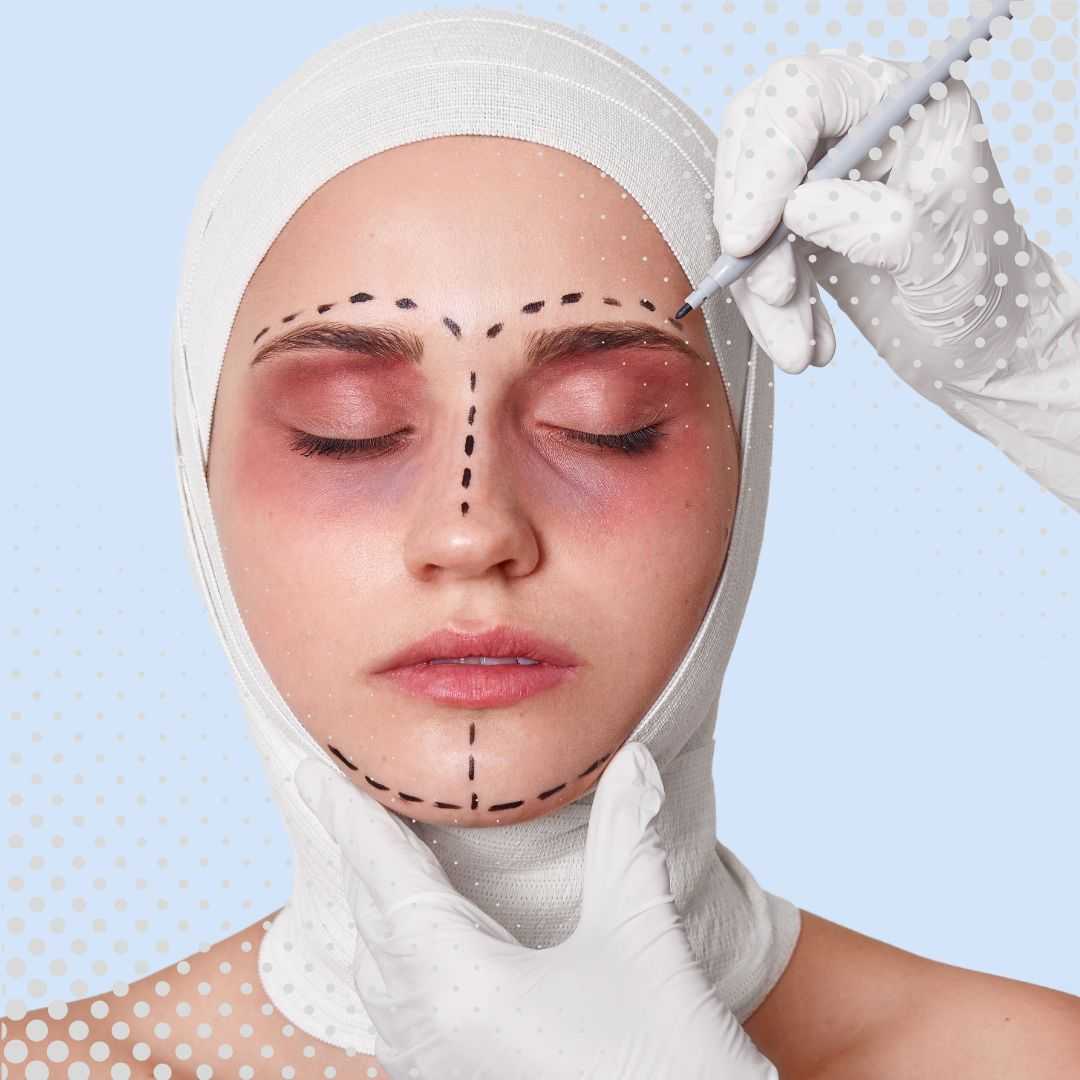
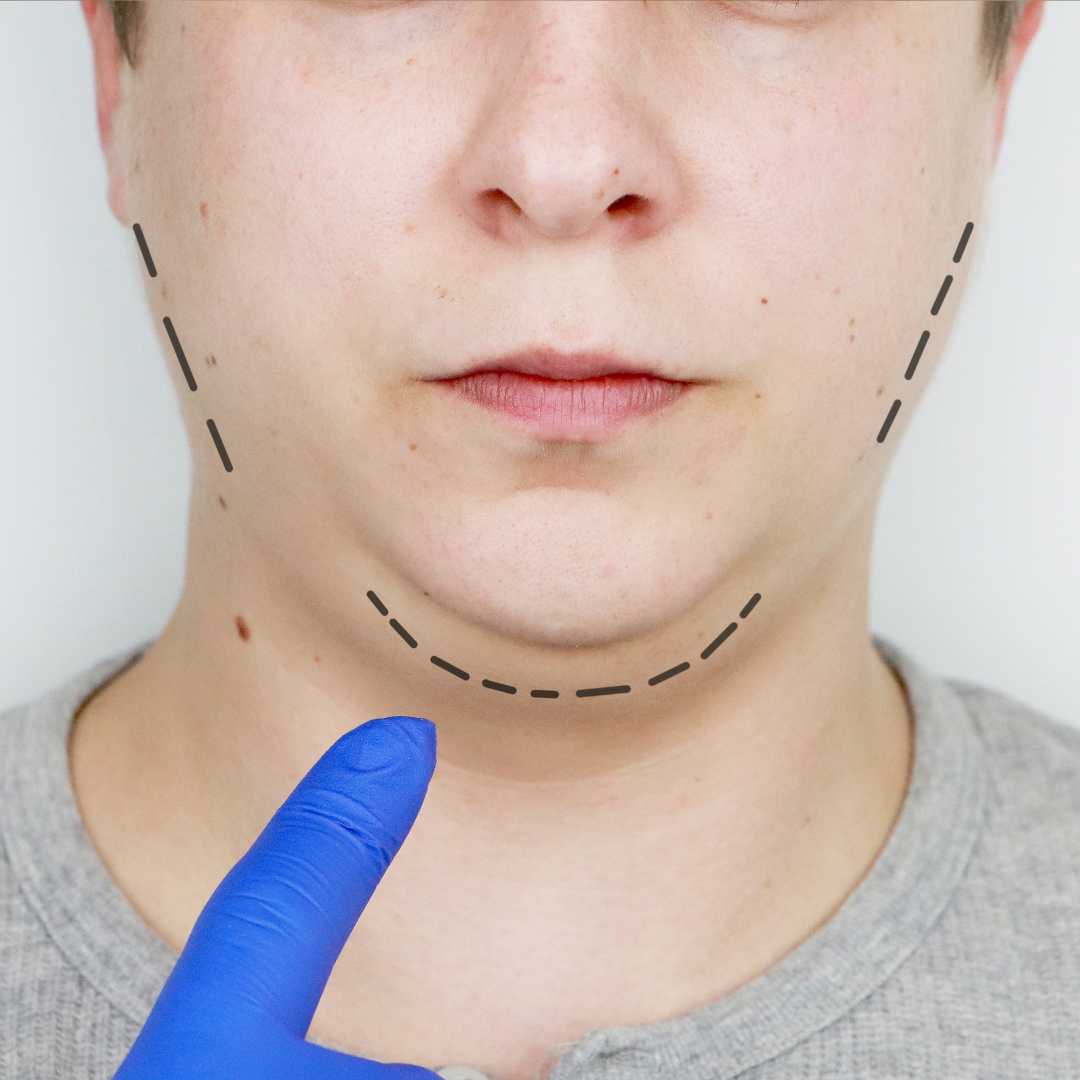


.png)
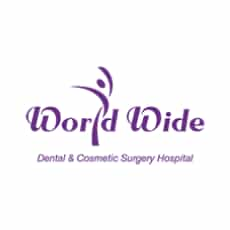
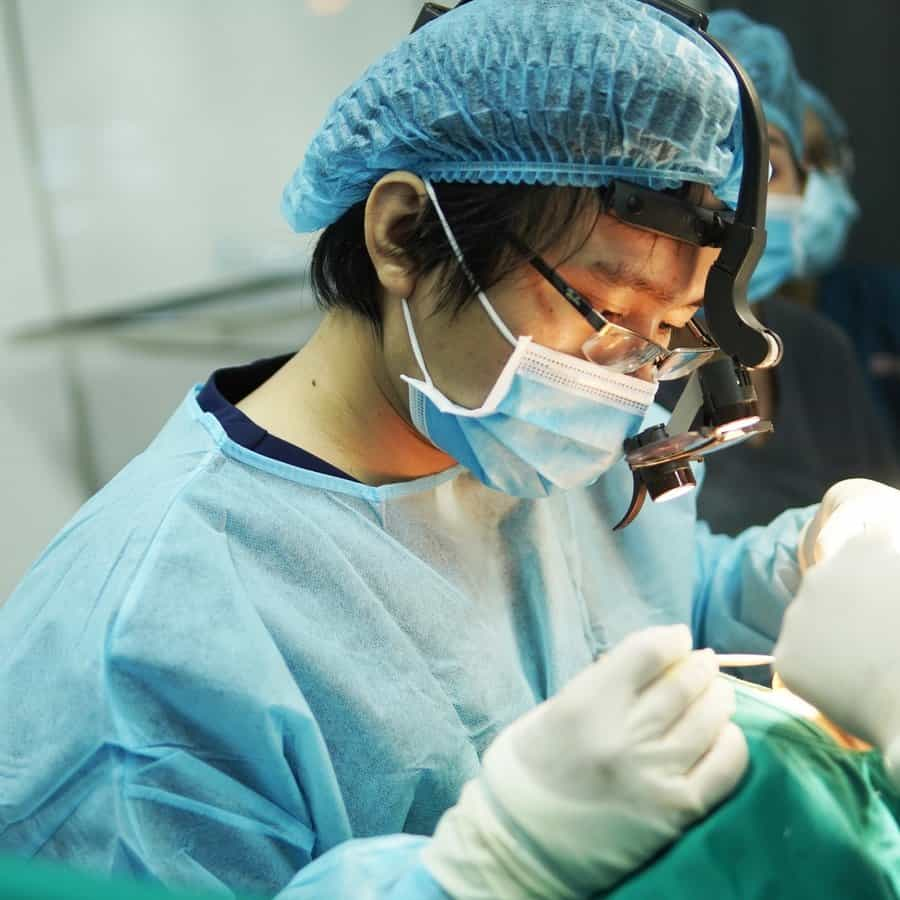

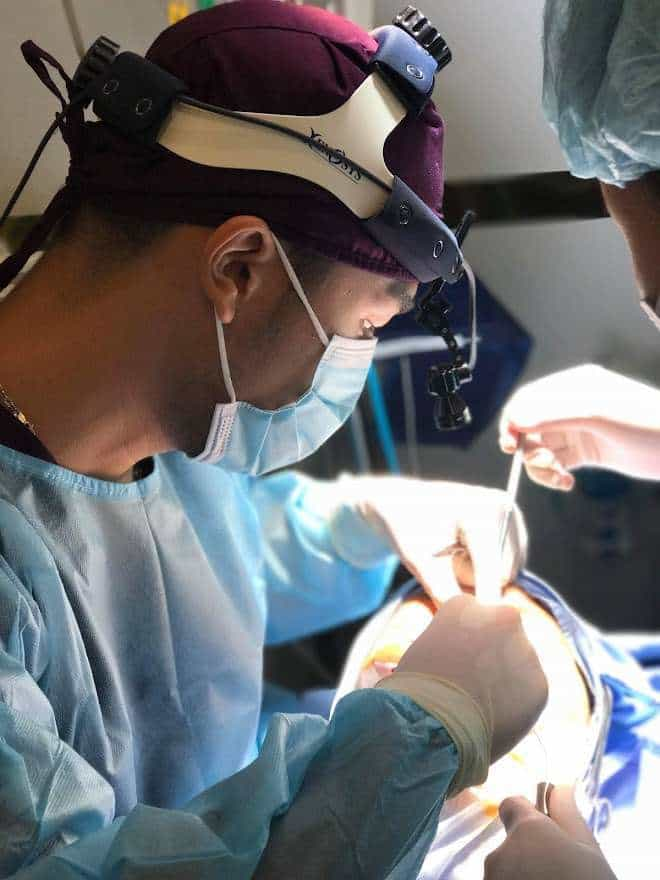
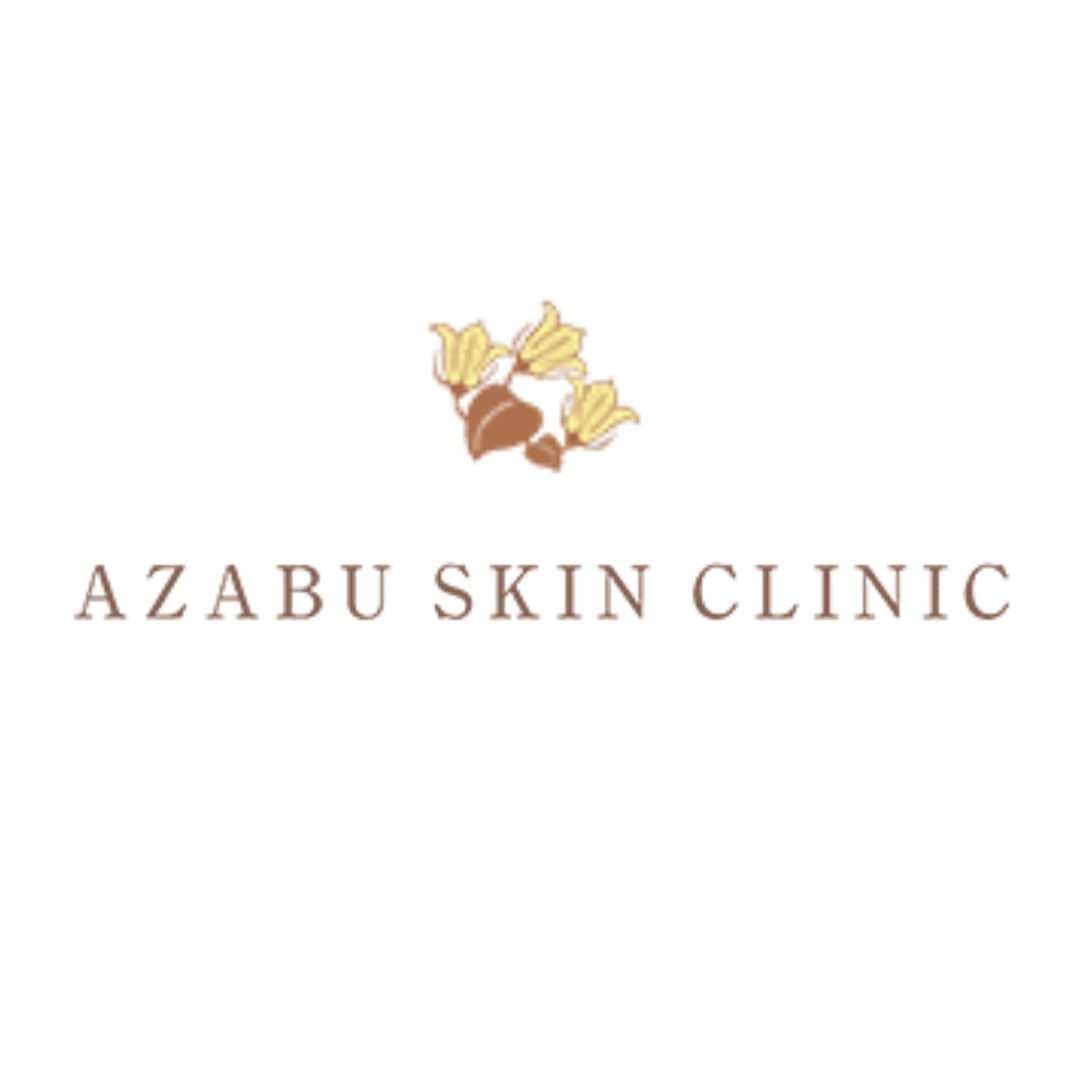

Share this listing